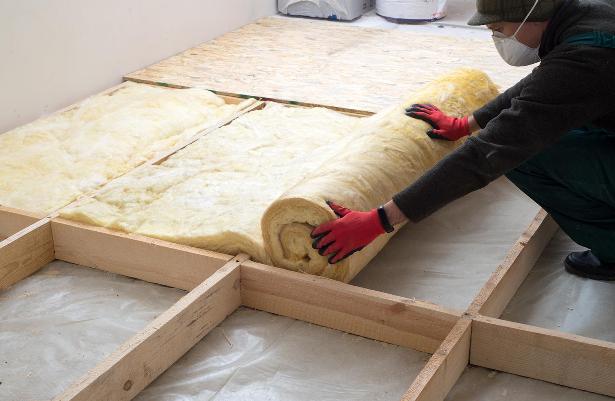You might not have thought of it that much, but insulation is vital in keeping the efficiency and functionality of your commercial building. Insulation is responsible for making your systems, such as HVAC, work at their full potential, ensuring the internal environment is at the optimum temperature and comfort, and reducing the cost of energy bills. There’s no such thing as the best insulation. All insulation materials work to their function when the professionals correctly install them. However, there are still several detailed factors that you should consider when comparing insulation materials.
Thermal Performance
The goal is to maximize the R-value per dollar. Since all insulation materials perform the same function, products are usually labeled as “superior insulators” because the product can achieve a higher R-value per inch of insulation. So you must aim to purchase the higher R-value of your budget for your chosen insulation material. In addition, you also have to select materials that have minimal air filtration. When fiberglass insulation and mineral wool insulation partner with standard air sealing techniques, air infiltration can be reduced to near zero, as stated by the National Association of Home Builders (NAHB) Research Center.
Furthermore, you can look into UV stability. Fiberglass insulation and mineral wool insulation are known to be UV stable, which means that they do not experience shrinkage or thermal performance when exposed to ultraviolet rays. Comparatively, spray foam is vulnerable to UV exposure, which can potentially compromise its performance.

Sound Insulation
Insulation can also help you minimize the unwanted noises in your environment. Having an acoustically sound environment helps the occupants of your building to obtain more productivity because of a more relaxing and distraction-free environment. You can achieve a high level of sound control with the help of installing fiberglass and mineral wool in your commercial building. In addition, you can also have an easy way to apply acoustical control to the interior walls of your facility without changing any build practices.

Fire Protection
You can also use this factor as a basis in purchasing insulation materials. Fiberglass insulation and mineral wool insulation are usually non-combustible. In contrast, spray foam insulation can ignite at 700 degrees Fahrenheit. Cellulose insulation is known to minimize its flammability. This procedure adds fire resistance, but the resulting material will not be non-combustible or either smolder-resistant.

Health Impacts
Some insulation materials can also pose some health impacts on the occupants of your establishment. According to the International Agency for Research on Cancer (IARC) and the US National Toxicology Program (NTP), fiberglass and mineral wool thermal and other acoustic insulations are not classifiable as carcinogens.
While spray foam insulation may contain Isocyanates that can cause asthma and “sensitization.” Consequently, there is no acknowledged safe level of exposure to isocyanates for sensitive people. Isocyanates are the leading chemical that causes work-related asthma. Both dermal and respiratory exposures can trigger unfavorable health responses.
Moisture and Mold
When your insulation material gets introduced to moisture, it can be a perfect breeding ground for molds. This instance can affect the overall quality of your insulation product and could cause some health impacts on your occupants, such as sensitive allergies.
Fiberglass insulation and mineral wool insulation require no drying or curing time when installing; therefore, moisture cannot enter into the cavity. Furthermore, fiberglass and mineral wool absorb less than 1% of their weight in moisture. In contrast, cellulose and spray foam has a wet application, which can be susceptible to moisture. Cellulose can also absorb 5–20% of its weight in moisture.

Sustainability
Sustainability is also an essential factor in choosing the proper insulation. This movement will give your establishment a good impression and help lessen the carbon footprint. Fiberglass and mineral wool insulation contain 40-60% recycled materials, depending on the product’s manufacturer.
Mineral wool may vary by its composition. Rock wool insulation comprises an average of 10-15% recycled blast furnace slag, while slag wool insulation comprises 70-75% recycled blast furnace slag. In contrast, spray foam insulation does not contain any substantial quantities of recycled content.

Conclusion
Make sure that you choose the proper insulation material that will benefit your occupants and the efficiency and functionality of your establishment. Other available equipment will help maintain adequate insulation to your building, such as insulated roof hatches. Find the best insulation material out on the market that fits your standards and budget.

